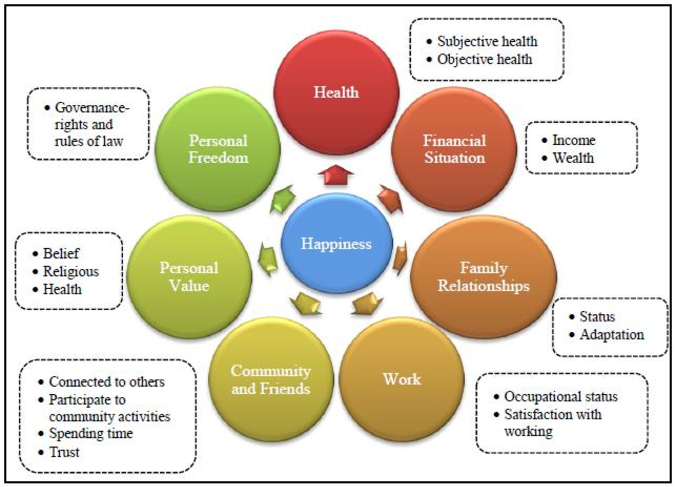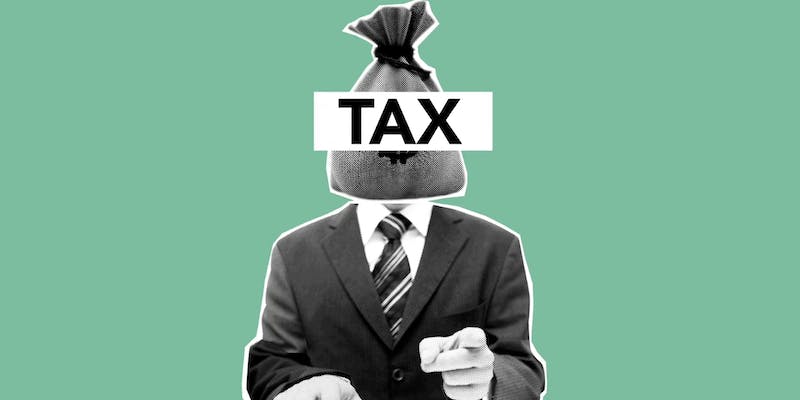How Much Money Is Enough to Make You Happy?
Oct 02, 2022 By Triston Martin
What salary/ income level allows one to be "happy" in the U.S.A.? While regional differences exist, the national average seems to be much greater. A 2018 worldwide research investigated the monetary threshold beyond which more wealth has no discernible effect on an individual's happiness. Despite the elusive nature of the term "happy," researchers at Purdue University sought to quantify it by gauging "emotional well-being," which includes states of mind like joy, contentment, sorrow, and rage. Satisfaction with one's life, or one's general sense of well-being, was also quantified.
According to the findings of the research, the optimal income threshold for a person, on a global scale, is $95,000 in order to achieve a level of life satisfaction of between $62,000 & $75,000, respectively. Find out whether a high salary can buy happiness, what other variables influence contentment, and how you might boost your earnings to better your chances of being more content.
Can You Buy Happiness with Money?

Despite the fact that joy cannot be purchased, research conducted in 2010 did find a link between financial success and contentment. Psychological well-being (the mental strength of a person's daily experience) and living perspective (people's opinions about their lives) were examined in research by Daniel Kahneman & Angus Deaton, who analyzed data from a poll of 1,000 individuals in the United States. The two researchers discovered that financial success is correlated with happiness, only approximately $75,000 per year and that positive emotions rise with wealth only up to a certain amount. In contrast, a bigger study conducted in the United States in 2021 calls into doubt both the $75,000 amount and the idea of a plateau. University of Pennsylvania researcher Matthew Killingsworth discovered that those who made more money felt better on a regular basis and were happier with their lives.
Interesting conclusions may be gleaned from other research that compares global wealth and happiness. The authors of a 2018 worldwide survey of 1.7 million respondents discovered that the "income satiation" threshold for life happiness is $95,000. In the world's richest areas, satiation occurred later, and earnings over $95,000 were related to worse life assessments. Feeling emotionally secure was linked to having a yearly income of $62,000 to $75,000.
The results "suggest to a level of pleasure adaptability, and also that money impacts happiness via the satisfaction of both necessities and increased material aspirations," as the authors note in their analysis. The researchers concluded that the more money someone had, the less happy they were. After this time, the authors argue, individuals may be more concerned with money success and social comparisons, both of which may have a negative impact on happiness. It has been shown in the aforementioned research that higher incomes are associated with greater levels of happiness. However, the 2021 study did point out that variances in findings might be due to methodological differences. Not everyone has the same level of importance placed on monetary concerns. For instance, the 2021 research discovered that the correlation between wealth and happiness was stronger for those who saw a direct correlation between the two variables. A higher income was not linked to happier lives for this group.
There is consensus among the research that income does, at least somewhat, impact happiness and that for some individuals, earning more may boost both. Nonetheless, money isn't everything, and not everyone's pleasure is affected in the same manner by the same dollar number. There are still certain questions that have yet to be answered, such as how much money is necessary to achieve happiness or how essential money is in comparison to other aspects.
Additional Factors Influencing Happiness

There are a number of other areas that research has focused on, including the impact that income has on parental happiness, the effects of giving to others on one's own happiness, and the possibility that a person's relative societal rank, rather than their income, influences their level of contentment. Even if having more cash on hand might make one happier, there are some schools of thought that argue that wealth can have a negative effect on one's outlook on life. It has been argued, for instance, that happiness cannot be attained until all the needs outlined in Maslow's Hierarchy of Needs are met.
These requirements begin with the need for physical necessities like food, shelter, and clothes. The safety of one's job and financial assets comes first. On the second tier of social life, people feel a sense of love, companionship, and community. Self-respect is a component of the esteem level 4 hierarchy. Self-actualization, or the attainment of one's full potential, is the pinnacle of success.
While some research has shown that a single component may be used to predict happiness, others have found that a number of variables work together. The effects of divorce, isolation, and health issues, including asthma and headaches, were shown to be compounded by poor income in research conducted by Princeton University in 2010. Even if money isn't the primary element in determining happiness, it may certainly increase the impact of other aspects.
The Bottom Line
Whether or not there is a ceiling on the effect of financial success on satisfaction is an open question. Money's influence on happiness may halt at around $75,000 or be nonexistent. Regardless, it's obvious that money is not the only element that impacts our pleasure, but it is an essential one. Not only does income have an impact on one's level of contentment, but it also may be a contributing element to the degree to which other aspects of life have an impact. This data demonstrates that boosting one's financial standing via investments and other means also boosts one's psychological health.





